Online Casino
Roulette
Physics in the Game
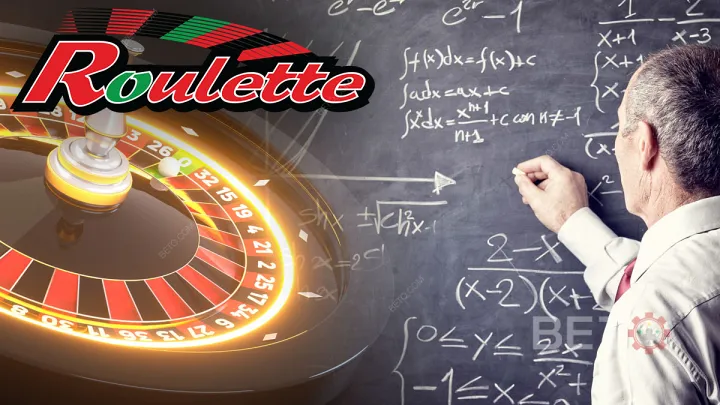
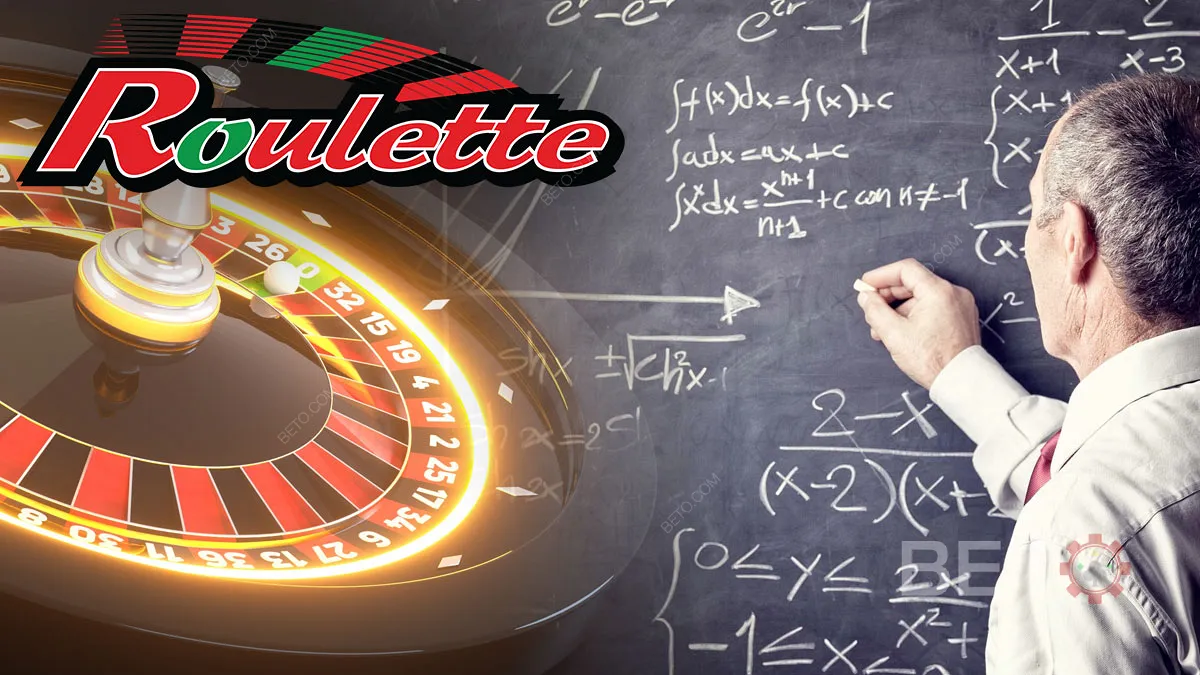
Written by: Stefano Rossi | The review was last updated: 12 August 2022 | Fact-check by: Kim Birch


Roulette is undoubtedly one of the most played casino table games, and players have been trying to beat roulette for centuries. Whenever you enter a physical casino, you can't miss the classic roulette table waiting for you to bet on it. The standard casino roulette wheel is exciting, it is engaging, it is full of fun and excitement, and it is super simple. The game design of the classic roulette we are familiar with has stayed the same since 1796, and this is the main reason people of every age group love this amazing game.
The game is really entertaining, and it is super intriguing as well. The science behind this game is very interesting, but it also confuses many players. Some keep thinking about the way to calculate the probable landing space of the roulette ball by using the force and trajectory and use all sorts of methods to find a way to cheat the casino, but can you really determine it? Is it possible?
The current game design of roulette owes its design to roulette inventor blaise pascal, the famous French mathematician and physicist who tried to create a working perpetual motion machine. Although he didn't succeed in creating that machine, what he did create was a revolutionary wheel-like device that influenced the casino industry unlike anything else.
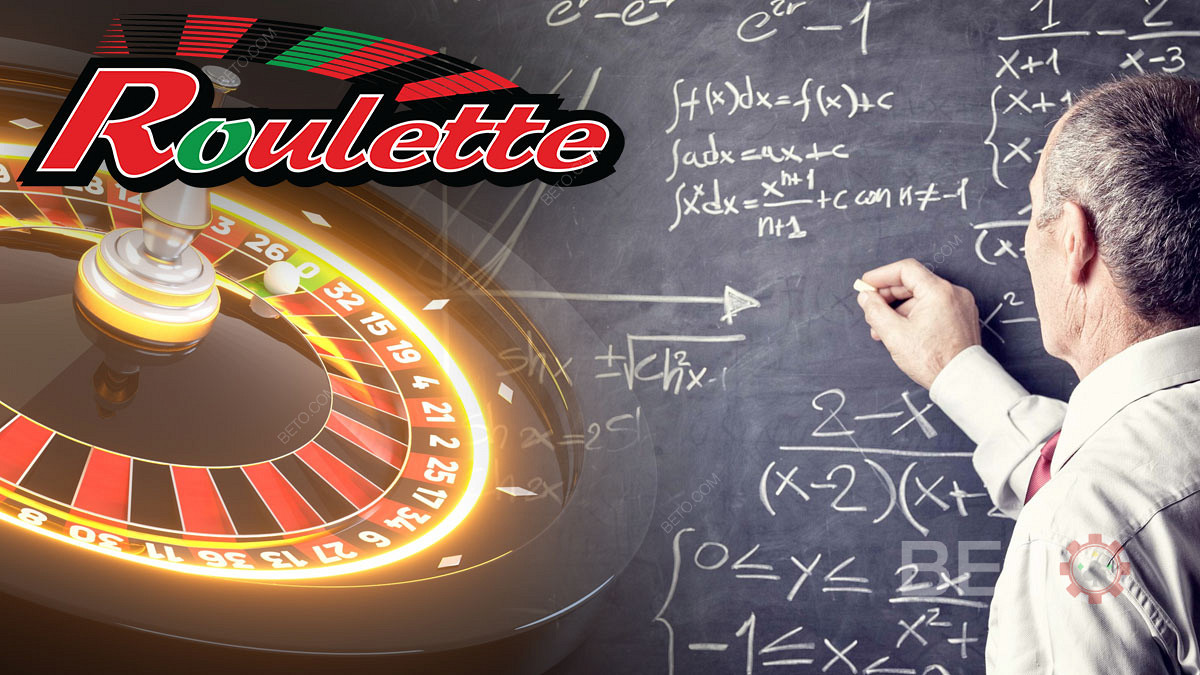
The physics behind modern technology and physical parameters in roulette games.
There is no fixed time limit as to how long a roulette wheel should spin, as it solely depends on the style of the croupier and the busyness of the casino table. Generally, the wheel spins for around 4 minutes, but it may differ in real life. The roulette wheel has also been a very interesting instrument for scientists. The idea of calculating the final space of the roulette wheel has always been very popular and trendy among science lovers.
The massive popularity behind forging an equation to find the landing space of the roulette ball is super intriguing because if a player finds out the space where the ball will land using the velocity and direction of the wheel, he can become a billionaire overnight. People have been trying to find such an equation using Newtonian mechanics, the point of contact of the ball, the pace of the ball, and such other things. However, roulette is a very snappy game, and all the action happens very quickly, and it looks almost impossible to find the outcome of the game in such a short time.
These days, almost all the good live dealer casinos offer roulette as a table game option, and in digital format, the online casinos use Random Number Generators to randomize the spaces where the ball lands in the roulette wheel. There are also live gaming options for roulette bets where actual wheels are spun in casino centres, and their live footage will be streamed to you.
BACK TO TABLE OF CONTENTS
Another field of science actively used in roulette games and physics is the science of psychology. When players put their bets on the wheel, the science of psychology comes into action. Psychology is present in many aspects of roulette, which makes this game so interesting and intriguing. For example, as the roulette wheel is a completely random instrument, and you can't predict where the ball is going to land, you should just select a space on random, but in real life, most of the players heavily think about luck, lucky and unlucky streaks, and the outcomes of their previous roulette games before selecting a space.
Such practices result in several superstitions and misleading strategies in the minds of the players, and the game can become unnecessarily complicated.
When looked at from a distance, the game of roulette can appear rather simple to most players, but in practice, a lot of forces come into action as soon as the wheel is spun.
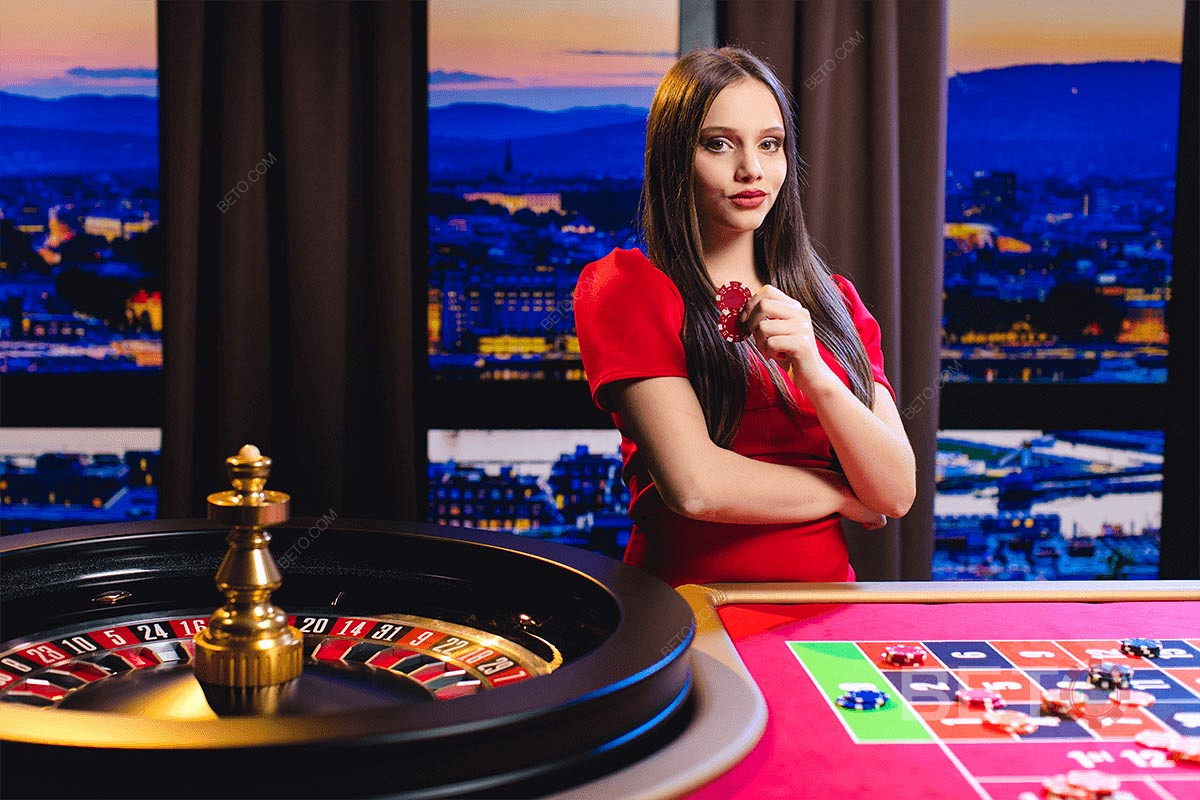
Psychological elements in Roulette games
BACK TO TABLE OF CONTENTS
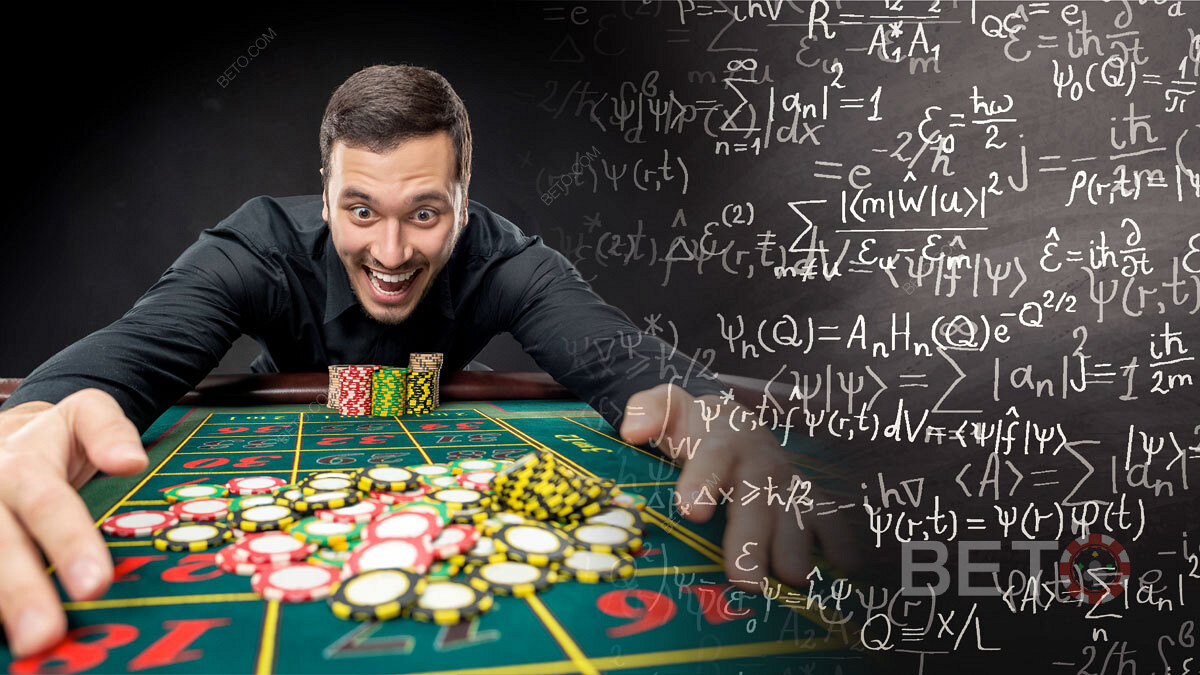
Using mathematics to tell where the ball drops on the actual wheel.
It is common to see people trying their best to find ways to predict the outcome of roulette games, to find out the spaces where the ball has the highest chances of landing. People have formed several theories for such estimations, where some are based purely on mathematics and science, many are also based on senseless myths and superstitions.
Some such theories became pretty famous. Some of them are:
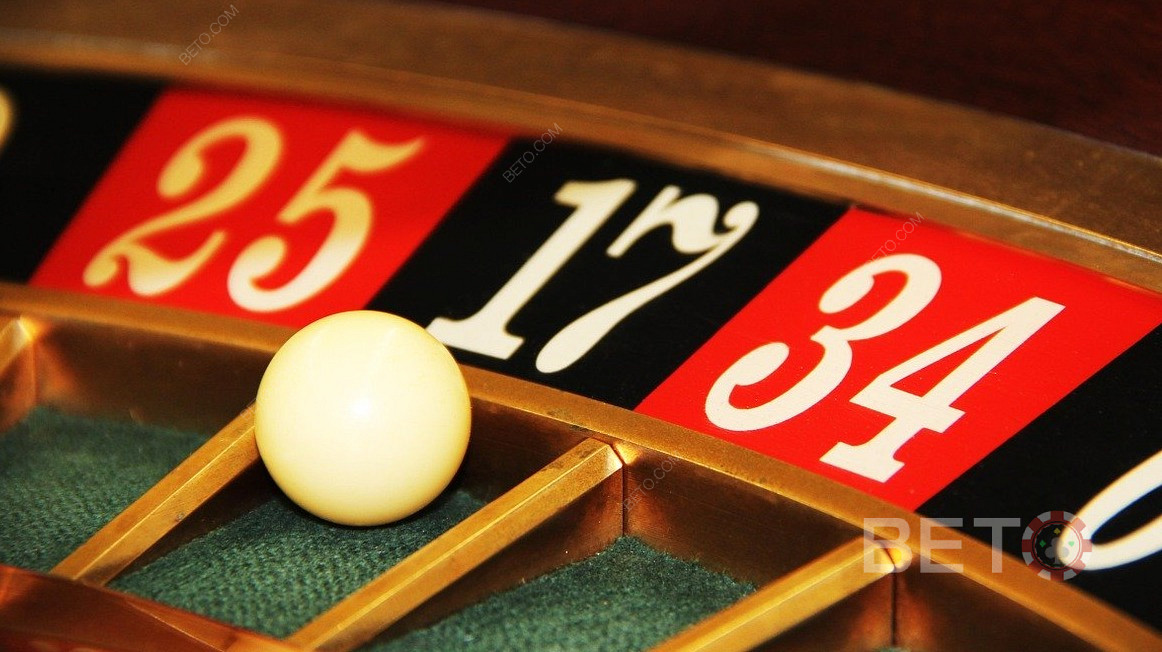
Roulette wheel passed and how did the ball hit the wheel's rim. Predict the win.
There are many wild stories related to people trying to beat the roulette machine by using all sorts of ways. In the late 1970s, a grad student named Doyne Farmer and his friends tried their best to beat the roulette wheel using computers. Doyne walked into a casino with a customized computer strapped to his chest, and he programmed his computer so that it could tell him where to place his bets. He used some solenoid magnets that vibrated and told him where to place the bets. He tried his best, but then the system malfunctioned, and he started getting little electric shocks. To save his life, he ran to the closest toilet and tried to repair the computer. However interesting this story might seem to you, poor Doyne failed in the end, and this project was then described in the book named The Newtonian Casino.
These guys tried their best to beat the roulette wheel but never found a reliable and working method of doing it, the wheel was too complicated for that, and the calculations seemed super complicated. Talking about the current scenario of events, we should think about where we stand currently in our development of finding a way to beat the wheel.
Roulette is a straightforward game if we think about it, the wheel spins in both directions, and the croupier spins the wheel in one direction and spins the ball in the other direction. The ball then revolves around the wheel and lands in a space in the wheel. The better needs to choose a number, a range of numbers, or a colour. If the prediction of the players turns out to be right, he wins the prize.
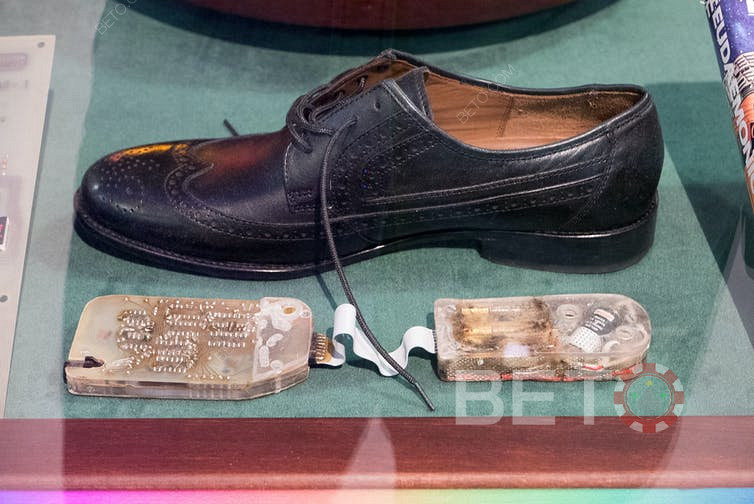
Illegal rudimentary computer concealed to see where the ball passes and the ball hits.
BACK TO TABLE OF CONTENTS
Each roulette wheel is different from the other.
A lot of factors other than the wheel and the ball come into play when the wheel spins, the atmospheric conditions of the casino, the size of the frets between the numbers, the small obstacles that hold the ball in a space when it lands, and the gravity, everything matters when the ball spins.
All these features make roulette a super randomized game, and it looks like it is impossible to find and predict where the ball is going to land. However, you just need to know the area of the wheel where the ball will land, and it will give you a massive advantage over others and the casino, more than 40%.
The average margin that the US casinos hold over their players is around 5.26%, which is very large. In Europe, this is significantly less, and the houses only get to keep around 2.7%, as the european roulette wheel only has a single zero, and the American roulette contains 2 zeros.
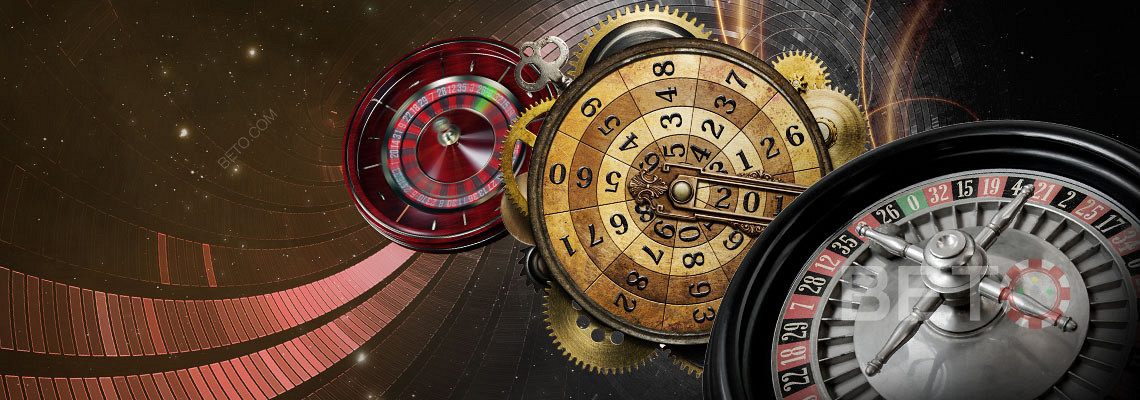
Newton's laws and careful observation to predict the relative speeds and angular velocity.
BACK TO TABLE OF CONTENTS
Here is an interesting story of people trying to beat the wheel using technology.
When Doyne Farmer entered the casino for the first time, two people dressed as guests had something special with them. They brought computers with them to the casino. The computers were in the form of shoes on their feet. They controlled these computers using different switches that were placed below their toes. They controlled the computer by tapping their toes on the switches.
The computer these guys used to beat the roulette wheel was specially designed and programmed to fit the work. It mainly did two things, it adjusted the parameters for the wheels before the game, like the rate of the ball slowing down, the rate of the wheel spinning, the velocity of the ball falling, when the ball shows any tilts or turns, etc.
The next and the main work of the computer started when the actual game for the experiment started. As the wheel and the ball spun, the player tapped the switches on the shoes whenever a certain space on the wheel passed under the ball. The computer used all of this information to calculate the speed of the ball and the wheel, and eventually, it had to calculate the space where the ball would stop. After successfully calculating the space, the computer then transmitted its findings to the other computer using super weak radio signals. This second computer was strapped to another player, and this computer told the player the result using different electronic magnets attached to that player's chest.
These guys were brilliant, and they developed a special code that would tell them the predicted number using the movement of these magnets. This player who had the electromagnets strapped on then placed the bets on that particular number, and just to be safe, also bet on the other numbers on the sides of the calculated number.
All these experiments might seem very advanced and hi-tech, but in actual practice, it never gave them the 40 per cent advantage they observed in their lab. These variations in actual practice happened mainly due to short circuits due to sweat, loose wires, and weak radio connections.
Farmer's team then decided to develop an improved system, but it took more than 20 years to develop another working system that improved the previous system. This time as well, the whole computer system was placed in the shoes. Still, this time measures were taken to protect the computer from short-circuiting, and they also made it harder for the casino authorities to detect these computers.
The team was very confident with this new computer setup set in resin blocks and was immune to problems like sweating and loose wiring. The team tried this setup in Binion's casino in Vegas. The first outcome of the computer turned out to be rather effective, it told them that they should bet on the numbers 1, 13, 24, and 36, and the ball did land on the 13 number, it paid off the team with a reward of 35 times. This experiment did sound workable in the starting. Still, eventually, the radio communication between the two computer units became very sluggish as a lot of electromagnetic noise was being transmitted in the casinos, and the team eventually dropped the idea.

Taking advantage of physics principles and modern technoly is impossible online.
BACK TO TABLE OF CONTENTS
As mentioned earlier, Farmer and his team took a promising stand at beating the roulette wheel in the casino. Still, the state of technology was not very hi-tech at that time, and the team faced many technical issues with their experiment. They had to develop the computer system from scratch, and they literally had to design the computer themselves, assemble all the components. It was super difficult at that time to design a computer, even for big industry leaders.
Technical difficulties like this are pretty much not issues these days, as all of the processing power needed to make these calculations can be fitted into small units that can be put anywhere, and cameras can be used to capture the footage of the roulette to measure different dynamics like direction and velocity of the ball. However, certain difficulties related to roulette predicting remain, and there are no probable ways to beat them.
For example, communication, capturing information, and slow development issues one faces when trying to beat the roulette wheel. It is also challenging to hide the different computer units at casinos, as the casinos know that people keep trying to beat them in games using different technologies. The casinos don't just let you do things like using cameras and computer devices inside the casinos, and they give extra attention to those players who win exceptionally.
So, in a crux, it can be said that it might not be totally impossible to beat physical casinos in roulette games, but there are no existing ways to do that. A little creativity might make this happen, but as of now, there are no possible pieces of evidence of people successfully beating casinos.
On the other hand, in the case of online table games, it is totally impossible to predict the results of roulette games as the results are based on the outputs of Random Number Generators that are totally random and unpredictable.

Common questions related to live roulette game physics and their answers


Newton' laws of physics are behind the working of the roulette wheel, and you should learn and read more about them to understand how motion works in a roulette wheel.


The science behind how roulette works are straightforward. A big spinning wheel is spun in a direction, and the roulette ball is spun in its opposite direction. The spinning ball bounces between the small spaces on the wheel and then rests in one of those spaces. It is as simple as that.


No, it is not possible at present to predict the outcome of the roulette wheel even after the usage of computers and other calculating technologies. However, you can actually predict the range of spaces in which the ball may land. Still, electronic calculating devices are needed, and to stop this, casinos do not allow electronic devices inside the casino premises.


No, you can't. Most of the casinos don't allow any kind of electronic devices inside the casinos. If you are found with one, you can get into serious trouble.


Yes, there is a branch of mathematics known as the Chaos theory, which studies the effect of sensitive conditions on a dynamic system. It examines things that are impossible to predict, like weather patterns and electrical impulses in the brain. Some scientists think that the principles of the chaos theory can be applied to games of chances like casino roulette.
 BETOs Newsletter
BETOs NewsletterBETO Slots | Tower Business Centre, 2nd floor | Swatar BKR 4013 | Malta | +356 2144 2245
Copyright 1999 - 2024. All Rights Reserved.